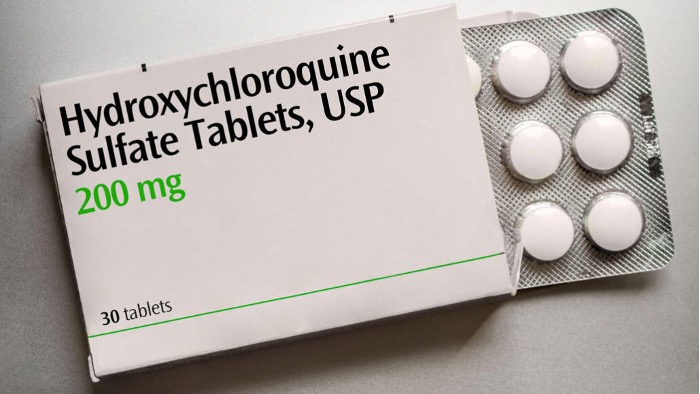Therapeutic Role of Hydroxychloroquine in COVID-19 - An Updated Systematic Review
Author: May Thongthum

Hydroxychloroquine (HCQ) is often used to treat chronic inflammatory diseases (such as heart diseases and strokes) and other drugs that are in a similar form are 4-aminoquinoline anti-malarials and chloroquine, which are commonly used for malaria prophylaxis. There are limitations to these anti-malaria drugs for treating COVID-19, as higher dosage of these drugs may lead to increased risk of toxicity, thus it is not recommended for severely ill patients. This systematic review focuses on the therapeutic role only and does not include the prevention of COVID-19. Some of the scientific reasons for how HCQ can have a therapeutic role in COVID-19 raised in this article are:
- Inhibition of virus attachment to the host cells (human)
- Inhibition of viral release into the intracellular space by disruption of lysosome-endosome fusion
- Inhibition of the release of pro-inflammatory cytokines
- Inhibition of the replication of SARS-CoV-2 as HCQ has a constant binding affinity towards the protease enzyme of the mutant variant form
- Disruption of the interaction of the S protein of SARS-CoV-2 with the host cell membrane
- Anti-inflammatory agent may be inhibiting a cytokine storm in SARS-CoV-2 patients, reducing the severity of infection.
However, the authors conclude that a satisfactory conclusion regarding the role of HCQ cannot be drawn without further evidence from well-designed robust randomized clinical trials. The efficacy and safety of HCQ in treating COVID-19 still needs to be explored as some side effects and the increased risks associated with higher doses were identified.
References:
Figure retrieved from Marc Bruxelle/Alamy – Stock Photo
Das, S., Bhowmick, S., Tiwari, S., & Sen, S. (2020). An updated systematic review of the therapeutic role of hydroxychloroquine in coronavirus disease-19 (COVID-19). Clinical drug investigation, 40, 591-601.